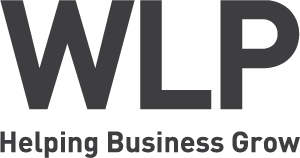Once you’ve decided that a consultancy project is right for your business, it is vital that you prepare a project brief. While this has to contain enough information to allow potential suppliers to estimate cost and time, care must be taken to avoid including information that may bias discussions and lead to the consultant telling you what you want to hear.
The brief should include:
- A background to the organisation and the project.
- The objectives of the project.
- Expected products and deliverables. This is a statement of the required outputs. It may be quite specific and quantifiable, either in physical or financial terms. It may simply be “the successful implementation of…”. Strategic consultancy is sometimes harder to define in terms of deliverables, but a brief must be prepared.
- Project timetable. This should include any critical path dates where slippage on this project may adversely impact other activities – for example, where advice on a new factory layout can only be implemented during a fixed works shut-down period.
- Relevant resources available within the client firm or department.
- Reporting arrangements. Is there an expectation that the consultant will report to the Board or Cabinet each month/week?
- Procedures or practices that must be complied with.
- Any conditions on the use of sub-contractors or associates. Will there be a right to remove someone?
- The form of contract and method of payment to be used. There are several alternates, depending on the nature of the consultancy. In some instances, a fixed fee may be appropriate, especially for a well-defined and short term task. Staged payments may be appropriate for a project that has a well-defined table of deliverables against a timescale.
For more information on using consultants or writing a project brief, contact us on enquiry@w-l-p.co.uk.
